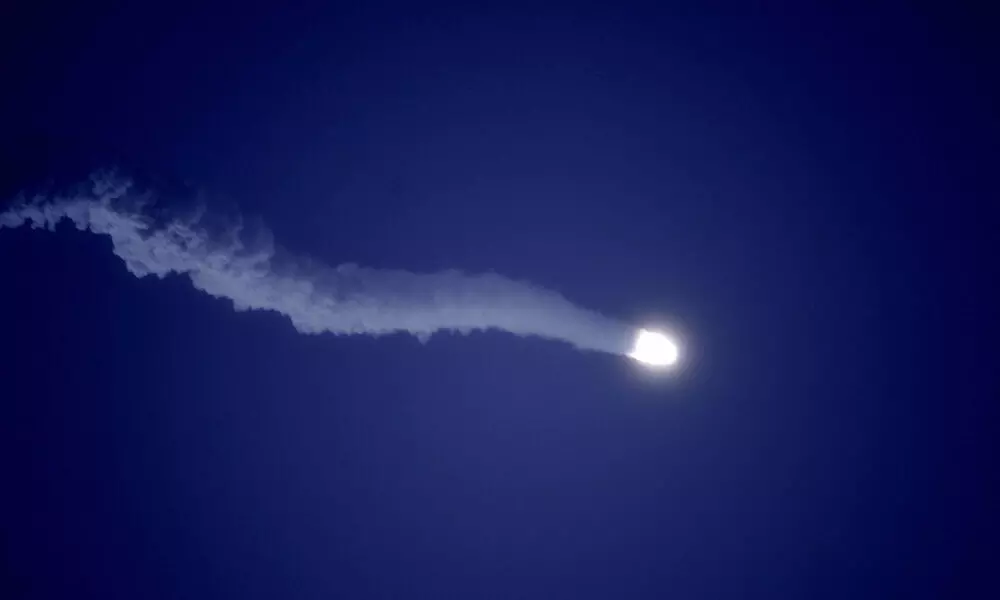Live
- Anjali Patil opens up about her role and experience in upcoming film ‘Malhar’
- Bharti Singh On Motherhood: ‘It Has Made Her Fit And Active’
- Low on memory, attention? Blame vitamin B12 deficiency, hyperthyroidism
- Careers in social sciences, humanities, and liberal arts
- Hyderabad: Names of Amit Shah, Kishan Reddy dropped from FIR in city
- School Education Saga-VII: Are ‘bagless days’ turning into a burden for school heads?
- IIT experts to give lessons in teaching to UP teachers
- Preparing employees for future challenges
- TDP takes early lead in AP elections with strong showing in postal ballots
- TDP predicted to win 8 Assembly seats in erstwhile Nellore dist









